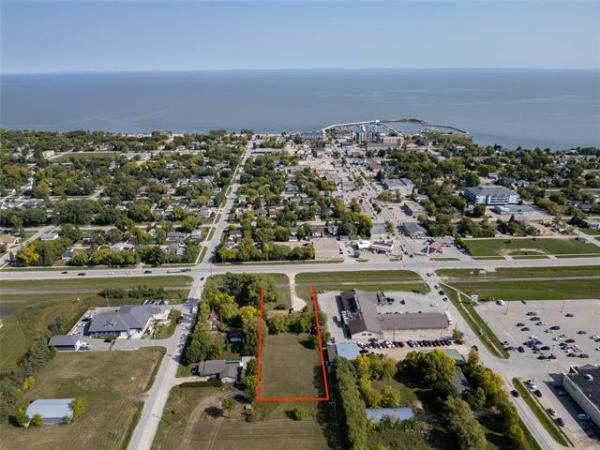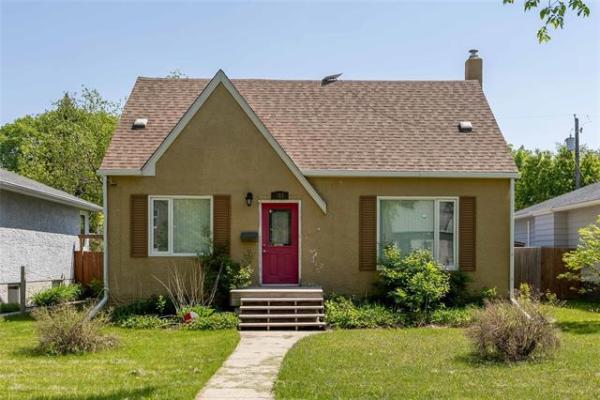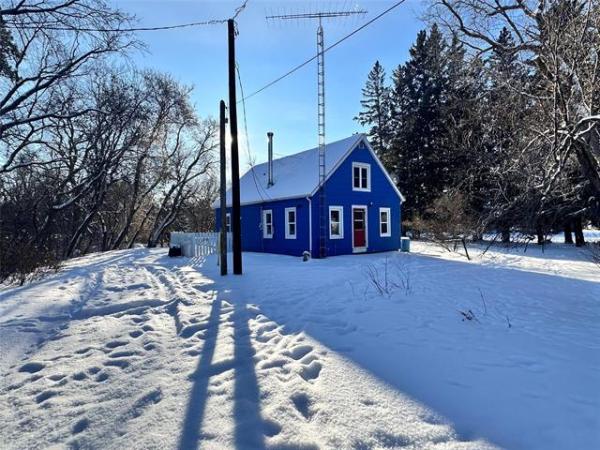QUESTION: Yesterday, I burned some wood in our fireplace. At bedtime, I left the flue open because there were still some hot embers in the hearth. I covered the fireplace opening with a blanket to keep the cold air from coming in. At 1:30 a.m. I awoke to the smell of smoke throughout the house.
We have a Flair compact 350 HRV in the house. This is the first house we have owned with an HRV. We have been setting the control according to the daytime outside temperature. Our next-door neighbour heats with wood and is located on the same side as the inlet/outlet for the HRV. These vents are located about six inches above the ground on the west side of the house. I have no idea if it was installed properly because the previous owner was a contractor and built the house himself and took shortcuts. There are no controls for it in the bathroom or kitchen.
The house is heated with electric forced air. The house is 16 years old but we replaced an old furnace two years ago. We have a setback thermostat, which goes down to 17 C at bedtime.
Would the smoke have come from the fireplace or is it coming in through the HRV? Is there anything we can do to prevent this from happening again? Is there some kind of filter we can put on the furnace/HRV to remove smoke from the air? I would appreciate any information you may offer.
Thanks, Cathy Coss, Warren, MB
ANSWER: The first item I must address is the safety aspect of going to sleep with a smouldering fire or embers still burning in your fireplace. While this may be of minimal concern with a proper spark screen or glass doors covering the opening of the hearth, it does not appear either of these were in place in your home. I am quite shocked by your admission of placing a blanket over the hearth opening with burning embers inside. You are lucky you woke up only to smoke and not a raging fire caused by a burning blanket! If the blanket was charred, that may be the source of the smoke, but I doubt that was the case. In future, you should either put the fire completely out and close the damper if you don't want cold air coming down the chimney or buy some ceramic glass doors for your fireplace. I am surprised you understand that as the fire dwindles and the draft subsides, cold air may come down the chimney, but not that it may blow a hot ember against a highly combustible blanket placed across the opening. In fact, the air restrictive properties of the blanket may cause the draft to end abruptly, causing a sudden back-draft. This alone could be the cause of major smoke intrusion into the home if the fire was still smoking.
The next concern I have is about smoke detectors. If you have enough smoke to alert your senses while sleeping, why were the smoke alarms not blaring? You should have a minimum of one smoke detector on each floor of the house and these should be checked regularly to ensure the batteries or power supply is working.
As for the cause of the smoke, it may be due to one or more factors. The last few days, we have been experiencing very strong winds, blowing snow and a dramatic change in weather. The change in weather may include a significant change in barometric pressure, which combined with the high winds, may have caused your chimney to back-draft and blow smoke into your home. Also, the wind may have blown snow over the HRV intake or exhaust hood due to the proximity to the ground. If either were blocked, the HRV would not operate properly, possibly causing negative pressure in your home relative to the outside. If so, back-drafting of the chimney is almost a certainty as the home tries to draw air inside from any possible opening in the building envelope. That is almost certainly where the smoke is coming from.
No safety issue is more serious than smoke and fire safety in a home. Wood fires should always be contained within certified fireplaces or wood stoves, installed with the proper clearances to combustibles. That includes anything placed near the hearth that may catch fire, even if the fire is almost out. Always extinguish the fire before leaving it unattended, unless you have proper glass or other doors completely covering the front of the unit. If you are concerned about cold air coming down your chimney, extinguish the remaining embers with water and close the flue, before retiring to bed. That way you will not only ensure you won't wake up smelling smoke, but also that you will wake up!
Ari Marantz is the owner of Trained Eye Home Inspection Ltd. and the President of the Canadian Association of Home & Property Inspectors - Manitoba (www.cahpi.mb.ca). Questions can be e-mailed to the address below. Ari can be reached at (204) 291-5358 or check out his website at www.trainedeye.ca.
trainedeye@iname.com



